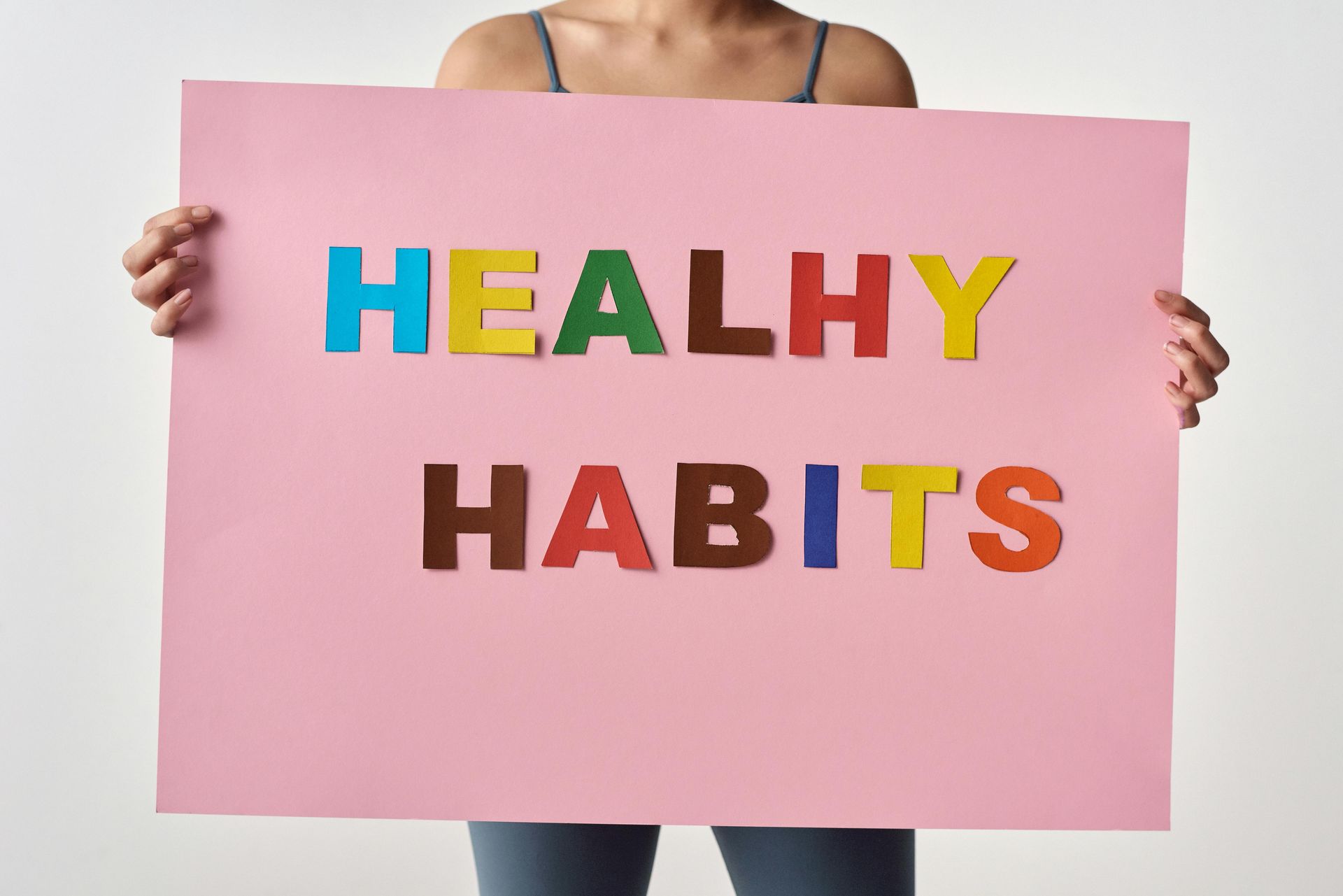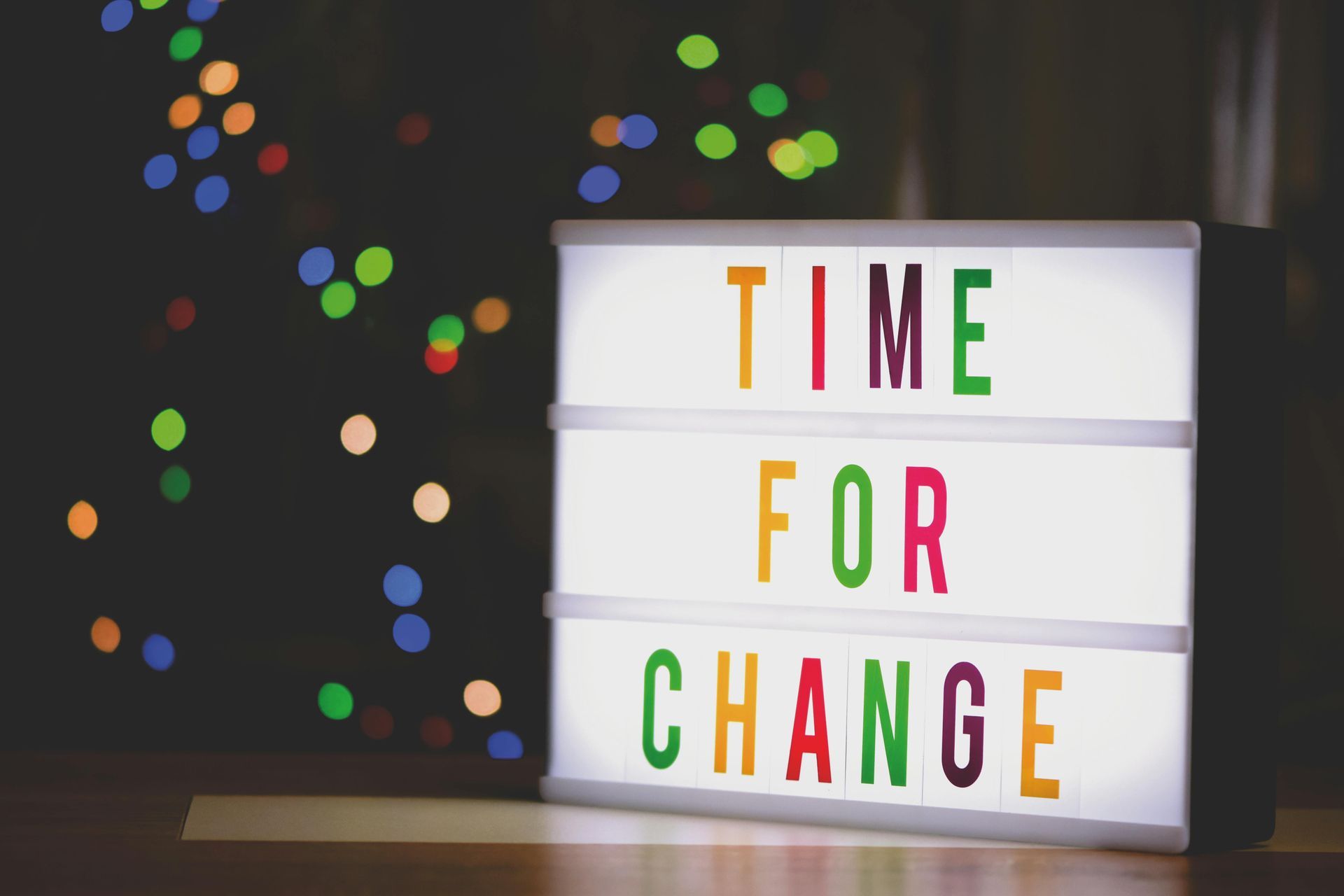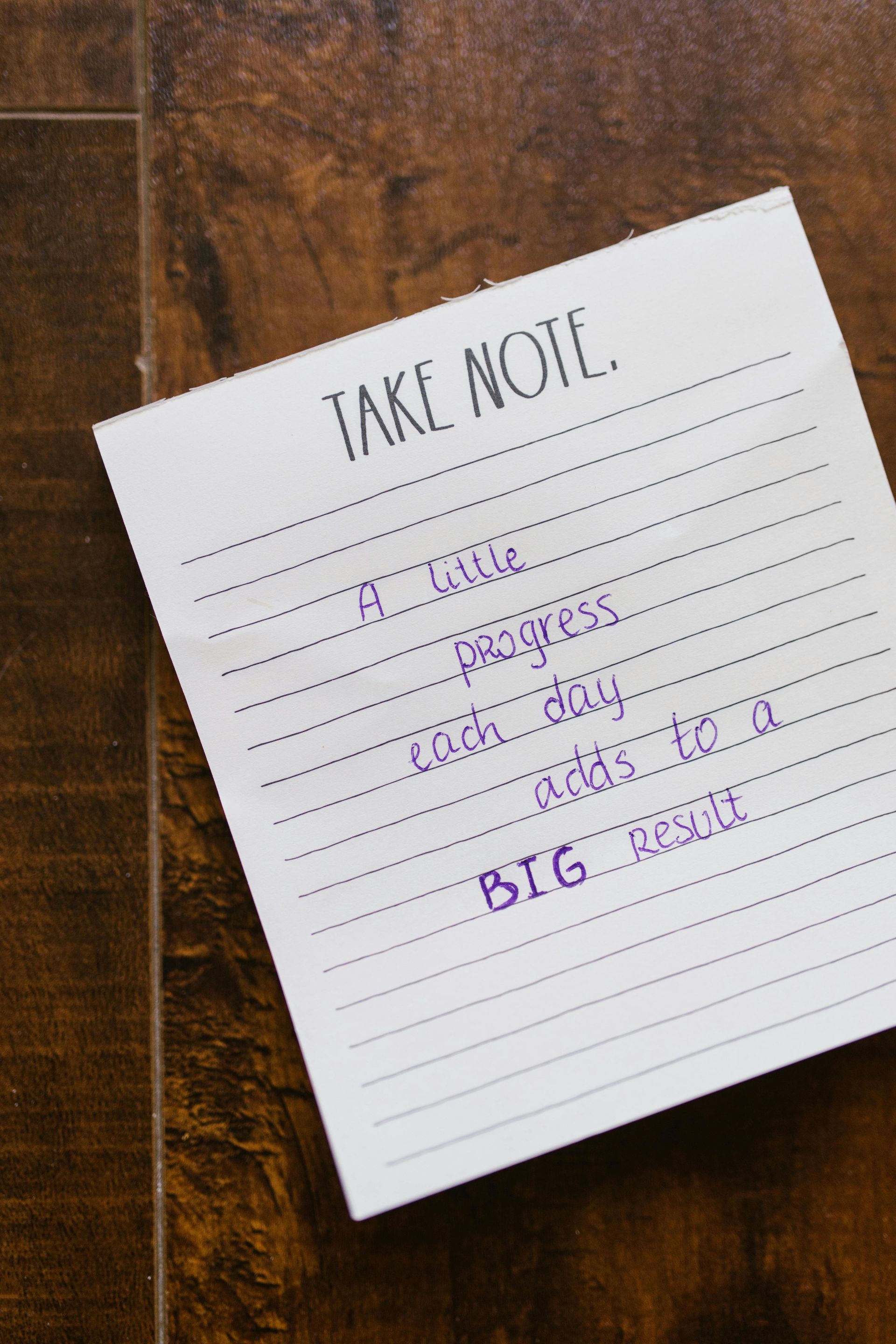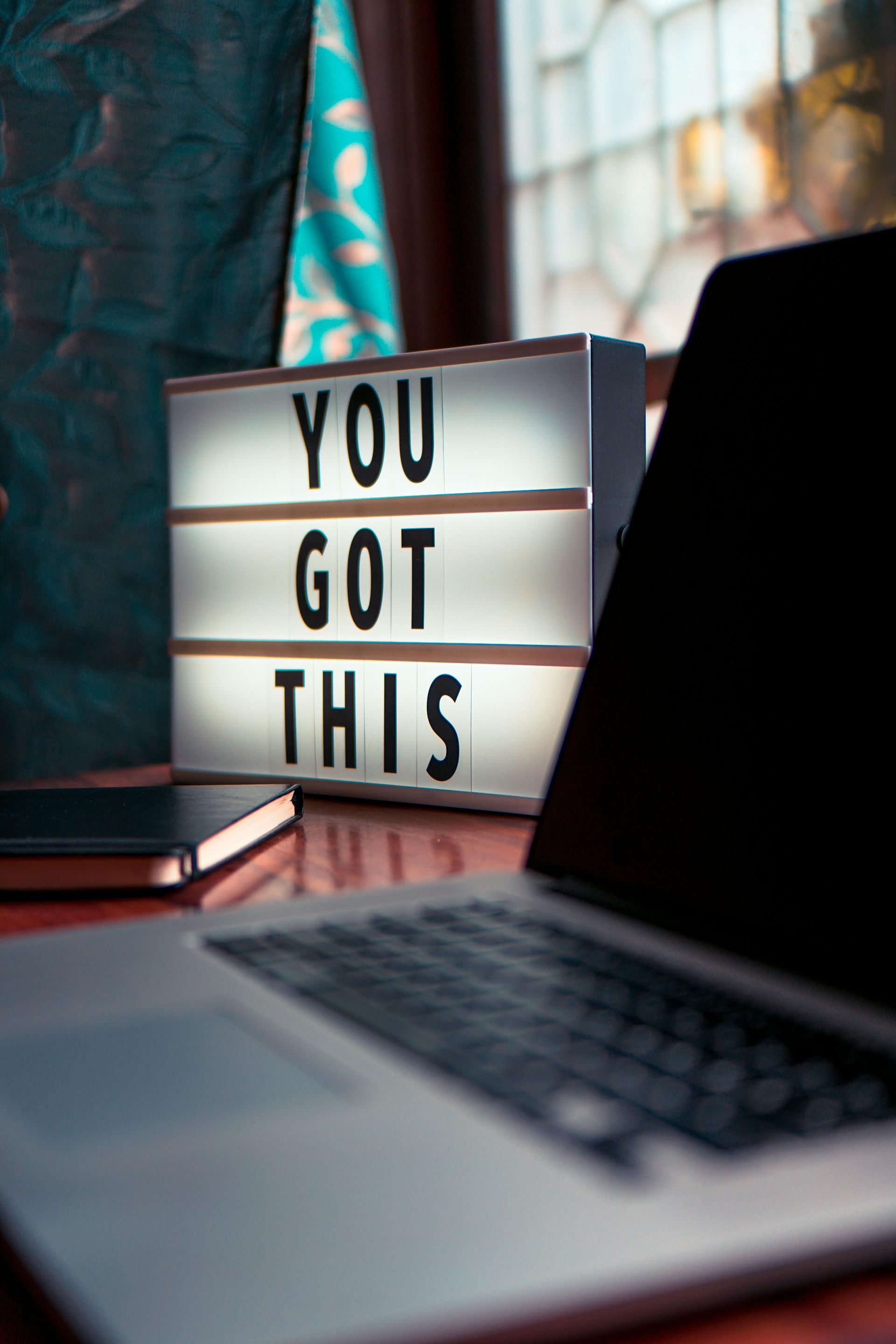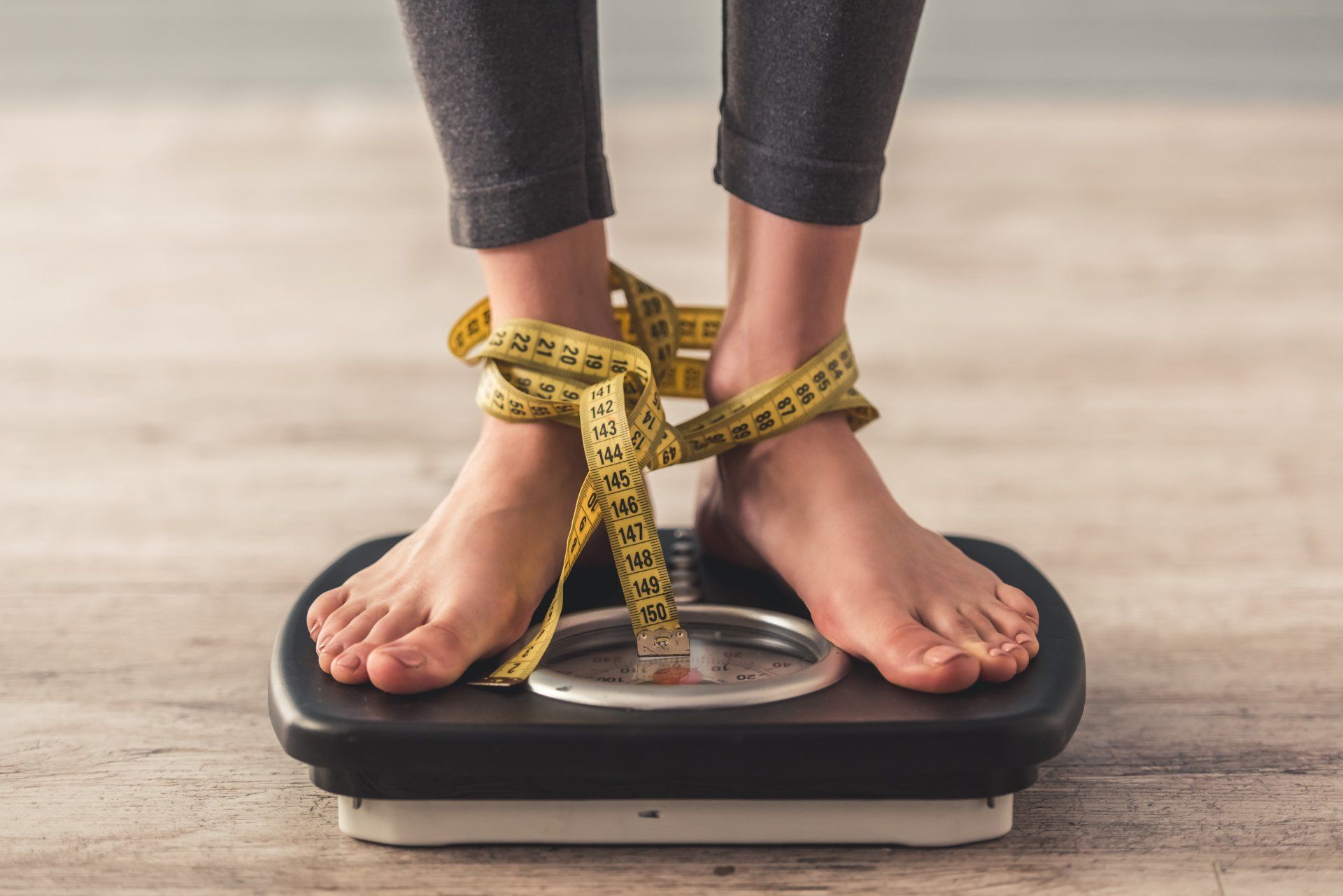The Psychology of Decision Fatigue: How It Affects Your Health and Habits
Decision Fatigue: Why Too Many Choices Drain Your Energy
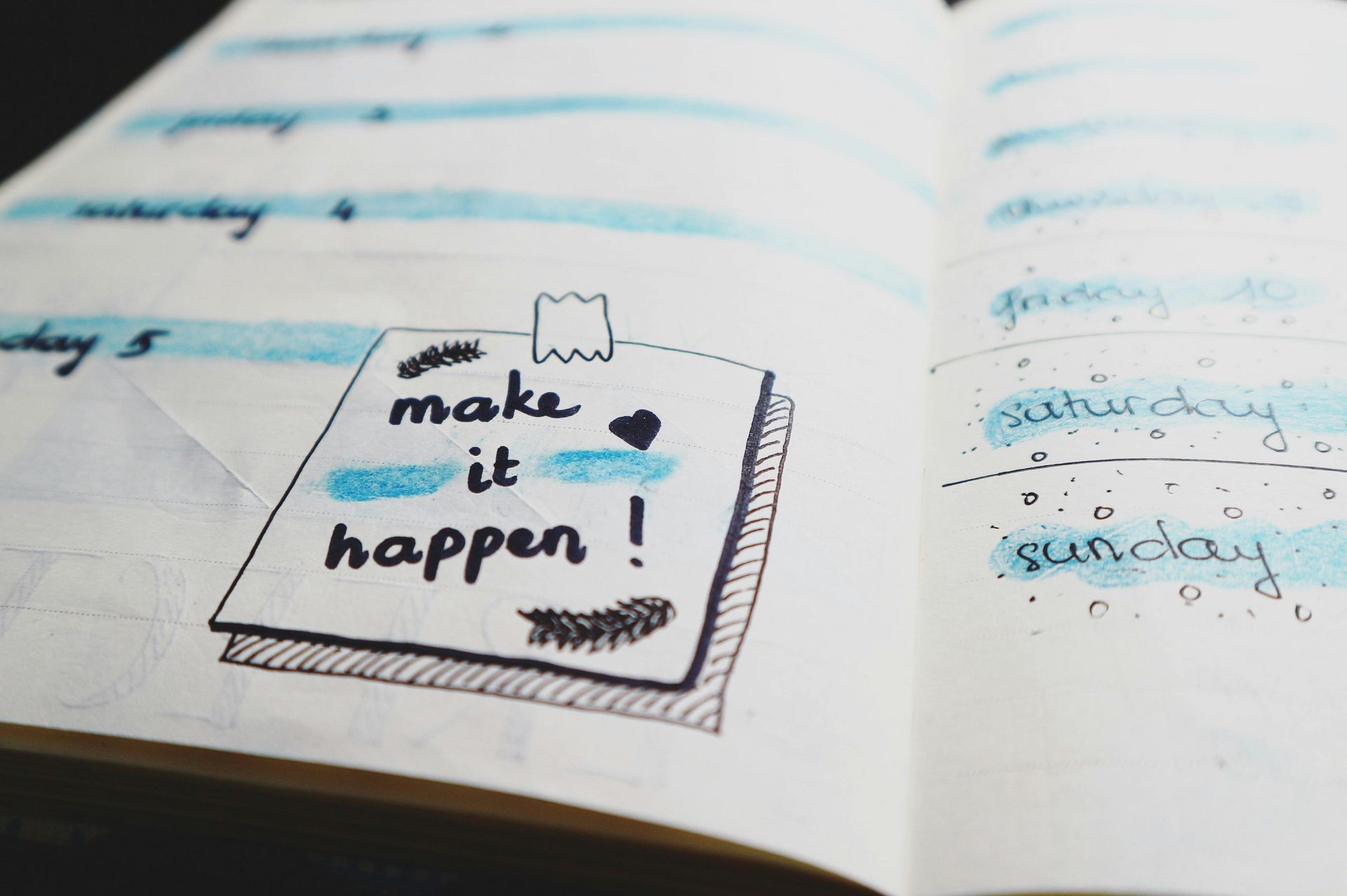
Every day, we make hundreds of decisions. Some are big like how to respond to a tricky email at work, whether to apply for a new role, or how to manage a difficult conversation. Others are small like what to wear, whether to go for a walk, or what to eat for lunch.
On their own, these decisions might feel manageable. But added together, they take a toll. By the end of the day, many people feel exhausted and frustrated when faced with yet another choice. This isn’t just about being busy, it’s something in psychology we call Decision Fatigue.
What Is Decision Fatigue?
Decision fatigue is the mental exhaustion that comes from making too many choices. Just like a muscle that gets tired after repeated use, your brain can become depleted from constant decision-making. When that happens, the quality of your choices often declines.
I see this regularly in my work. People tell me they start the day with good intentions such as a healthy breakfast, a plan to exercise, maybe even a packed lunch ready to go. But by the evening, when their mental energy is at its lowest, they find themselves reaching for the takeaway menu or skipping the gym. It’s not about lack of motivation or willpower. It’s that their decision-making capacity has worn down.
I’ve noticed it in myself too. After a day of client sessions, meetings, and family responsibilities, I sometimes find myself staring into the fridge unable to decide what to cook. It’s a perfect example of how decision fatigue works: when I’m mentally tired, I’m far more likely to opt for whatever is easiest rather than what’s most nourishing.
The Psychology Behind It
Each choice requires cognitive effort, even the small ones. Over time, your brain tries to conserve energy by cutting corners. This is why supermarkets put sweets and snacks by the checkout because they know your willpower is weaker after a long line of decisions while shopping.
How Decision Fatigue Shows Up
When decision fatigue sets in, you may notice yourself:
- Procrastinating – avoiding the choice altogether.
- Defaulting to the easiest option – often the quickest fix rather than the most helpful one.
- Making impulsive decisions – such as reaching for snacks late at night or ordering a takeaway or restricting food intake.
Why It Matters for Health and Wellbeing
If you’re trying to improve your health, lose weight, or change a habit, decision fatigue can be a real barrier. Most people assume that success is about motivation or willpower. In reality, mental energy plays a huge role.
If your energy is depleted from a day of work, childcare, or endless small decisions, it’s far harder to choose the option that aligns with your longer-term goals. That’s why so many people “start strong” in the morning and find themselves slipping by the evening.
Understanding this can be liberating. It shifts the narrative from “I’ve failed” to “my brain was depleted.” From there, you can focus on strategies that protect your decision-making energy.
How to Reduce Decision Fatigue
Here are some practical ways to make life easier on your brain:
1. Simplify Your Routines
Decide once, not every day. Create a meal plan, rotate a few go-to breakfasts, or schedule exercise at the same time each week. Barack Obama and Steve Jobs famously wore the same style of outfit every day to avoid wasting energy on trivial decisions.
2. Make Important Decisions Early
Plan your most meaningful choices for earlier in the day when your mind is fresher. That might mean doing your food shop in the morning, or prepping meals before work rather than after.
3. Limit Unnecessary Options
Clear your wardrobe, unsubscribe from overwhelming emails, or reduce the number of apps on your phone. The fewer options you face, the less mental energy you spend.
4. Pre-commit Where You Can
Remove the need to decide in the moment. Book your gym class in advance, prep your lunch the night before, or keep a glass of water and healthy snacks by your desk or in your bag.
5. Prioritise Rest and Recovery
Sleep, breaks, and downtime aren’t luxuries, they’re essential for restoring your brain’s ability to make good decisions. Even short pauses in the day can help reset your mental energy.
Final Thoughts
Decision fatigue is part of being human. But once you recognise it, you can work with your brain instead of against it. By simplifying your routines and protecting your energy, you make it easier to choose what aligns with your health and values even when life feels demanding
For me, this understanding has been a game-changer, both personally and professionally. It reminds me that good health isn’t about being “perfect” all the time. It’s about creating an environment where helpful choices are the path of least resistance, especially when our brains are tired.
If this blog resonated with you, you’ll love my monthly newsletter where I share more tools to help you stay consistent, even on busy days.
Sign up here: www.evokinghealth.co.uk
📺 Watch more on this topic on my YouTube channel: Dr Neesha
share practical, psychology-backed strategies to help you navigate change, manage your mindset, and create habits that last.
Wishing you ease and energy as you move through the week. If you’d like to connect, you can reach me at: info@evokinghealth.co.uk
Dr Neesha Patel
Chartered Health Psychologist & Founder of Evoking Health Ltd.
